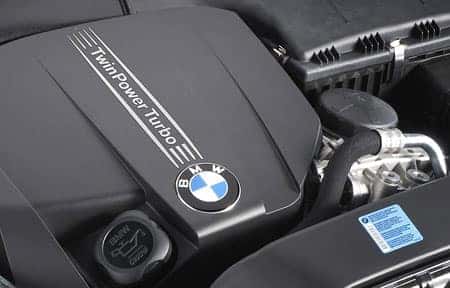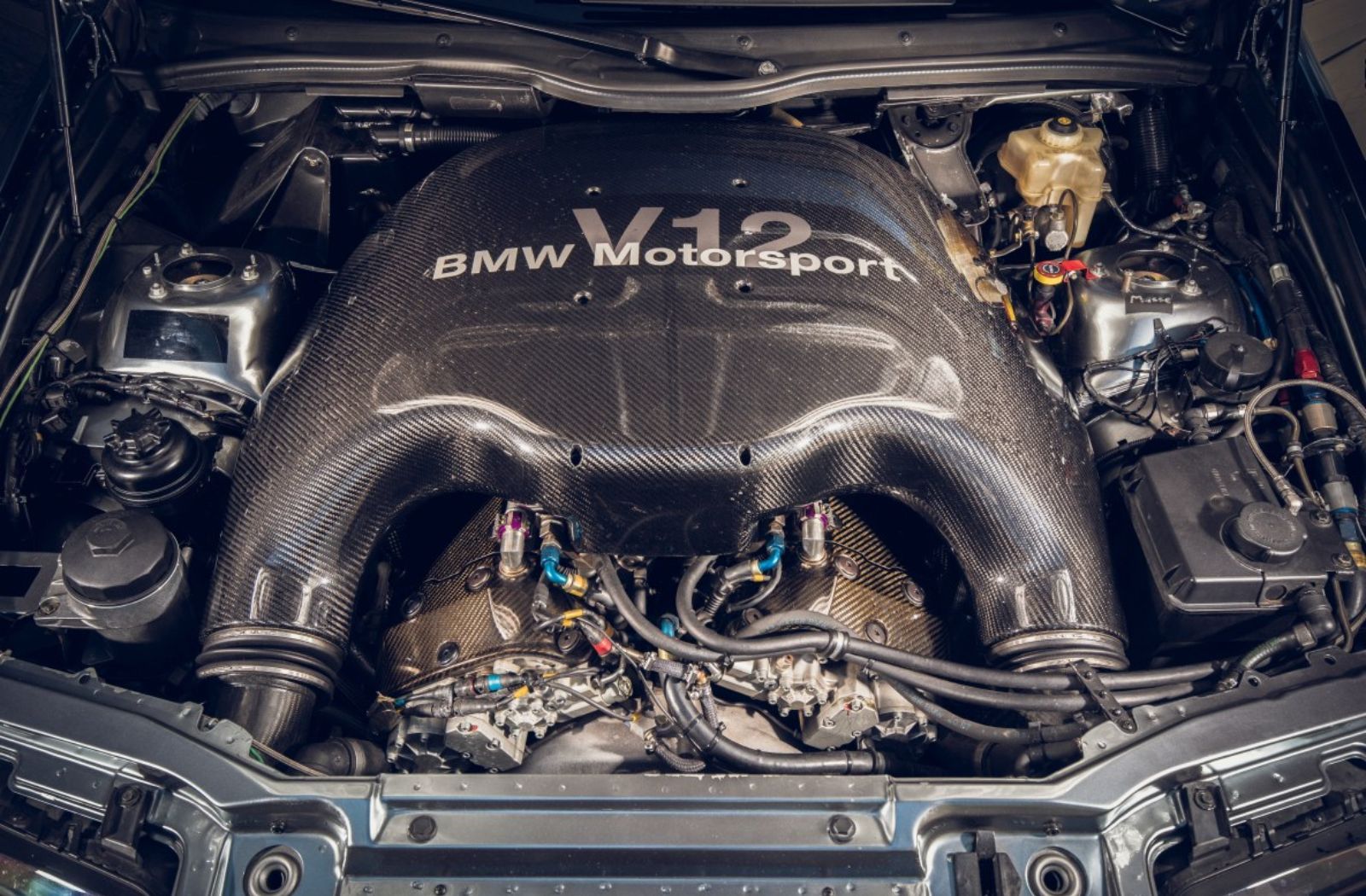Why the BMW Engine Is Taken Into Consideration Among the most effective in Deluxe Cars
Why the BMW Engine Is Taken Into Consideration Among the most effective in Deluxe Cars
Blog Article
Introducing the Intricacies of Next-Generation Power Units: a Deep Dive Into Advanced Engine Layouts and Technologies
In the world of automobile design, the ruthless pursuit of sustainability, efficiency, and efficiency has actually pushed the development of power units to unprecedented elevations. As we base on the precipice of a new era in transportation, the details of next-generation engine designs beckon us to discover the innovative modern technologies and innovations that promise to redefine the driving experience. From advanced products that press the limits of resilience and weight decrease to sophisticated turbocharging and supercharging systems that raise power output to brand-new degrees, each part of these power units holds a vital to unlocking the future of automotive engineering. Delving deeper right into the realms of exhaust control, smart engine administration systems, and the horizon of power unit development, we find ourselves on the cusp of a change that assures to improve the landscape of flexibility as we understand it.
Development of Engine Products

The shift towards progressed engine products has additionally enabled designers to make engines with greater power outputs while keeping fuel performance requirements. The usage of lightweight materials lowers the total weight of the engine, leading to improved gas economic climate and reduced discharges. In addition, improvements in materials modern technology have enabled much better thermal monitoring within engines, causing enhanced reliability and durability.
Turbocharging and Supercharging Technologies
Exactly How do Turbocharging and Supercharging Technologies change engine efficiency and effectiveness in contemporary automobiles? Turbocharging and turbo charging are modern technologies that dramatically enhance engine performance by enhancing the amount of air intake right into the combustion chamber. Turbocharging achieves this by utilizing a generator driven by exhaust gases to pressurize the consumption air, while turbo charging uses a belt- or chain-driven compressor to attain the exact same result.
These modern technologies enable smaller sized, more fuel-efficient engines to create power comparable to bigger ones, called downsizing. Forcibly even more air into the cylinders, turbo charging and turbocharging enhance burning performance, resulting in increased horse power and torque output without a substantial boost in engine size. This brings about better acceleration, lugging capacity, and total driving efficiency.
Moreover, turbocharging and turbo charging contribute to improved gas efficiency by permitting the usage of smaller engines that take in much less fuel under typical driving conditions - bmw engine. This mix of boosted performance and efficiency has made turbocharging and turbo charging indispensable parts of numerous modern engine layouts
Discharge Control and Environmental Effect
With raising international problems pertaining to air quality and ecological sustainability, the application of emission control technologies in cars plays a vital function in minimizing hazardous contaminants released right into the ambience. Modern lorries are geared up with advanced emission control systems that aid reduce the environmental effect of automotive operations. Catalytic converters, for instance, are created to transform toxic gases such as carbon monoxide gas, nitrogen oxides, and hydrocarbons right into much less hazardous compounds like carbon dioxide and water vapor.
Moreover, advancements in engine modern technology, such as the assimilation of exhaust gas recirculation systems and discerning catalytic reduction, have actually substantially contributed to lowering exhausts. These technologies work in tandem to enhance burning performance and minimize the release of damaging pollutants into the air. Additionally, the advancement of crossbreed and electric automobiles represents a crucial action in the direction of reducing the total environmental footprint of the transportation field.
Intelligent Engine Monitoring Equipment

In addition, these systems enable cars to satisfy rigid emissions standards without endangering efficiency, providing a more environmentally pleasant driving experience. The combination of synthetic intelligence and artificial intelligence capacities in engine monitoring systems remains to push the boundaries of what is possible, resulting in further enhancements in efficiency, dependability, and total car efficiency. bmw engine. As auto technology developments, intelligent engine administration systems will certainly play a critical function fit the future of transport towards a much more lasting and efficient direction
Future Trends in Power Device Development
As smart engine monitoring systems lead the means for enhanced control and optimization in modern vehicles, future trends in power unit growth are positioned to redefine the landscape of automotive propulsion innovations. These different power resources use boosted effectiveness and performance while lining up with strict environmental laws.
Another significant trend is the combination of advanced products and making methods. Lightweight products such as carbon fiber and light weight aluminum are being made use of to minimize general vehicle weight, enhancing gas performance and efficiency. Additionally, developments in hop over to here 3D printing and additive manufacturing are enabling the manufacturing of complicated engine elements with greater precision and toughness.
In addition, expert system and artificial intelligence are playing a critical duty in enhancing power unit performance. These innovations enable real-time tracking and adaptive control, bring about a lot more efficient and reputable power delivery. Generally, future trends in power unit development are geared towards performance, sustainability, and performance, driving the automobile market towards a new era of propulsion browse around this web-site modern technologies.

Final Thought
In conclusion, the innovations in engine materials, turbocharging, emission control, and intelligent monitoring systems have actually paved the means for next-generation power units. The elaborate styles and technologies in modern engines display the ongoing evolution of vehicle modern technology.
Discovering the progressive advancements in engine materials has been essential in boosting the efficiency and performance of modern engines. Over the years, the evolution of engine materials has played an essential function in pressing the limits of what engines can accomplish.The change in the direction of progressed engine products has also enabled engineers to create engines with higher power outcomes while preserving fuel efficiency standards.The implementation of intelligent engine management systems in modern vehicles has changed the means engines are regulated and enhanced for performance and efficiency. By collecting information in real-time and evaluating it with advanced algorithms, smart engine monitoring systems can adjust to driving styles, environmental elements, and engine health and wellness to make the most of power output while decreasing gas usage and site link emissions.
Report this page